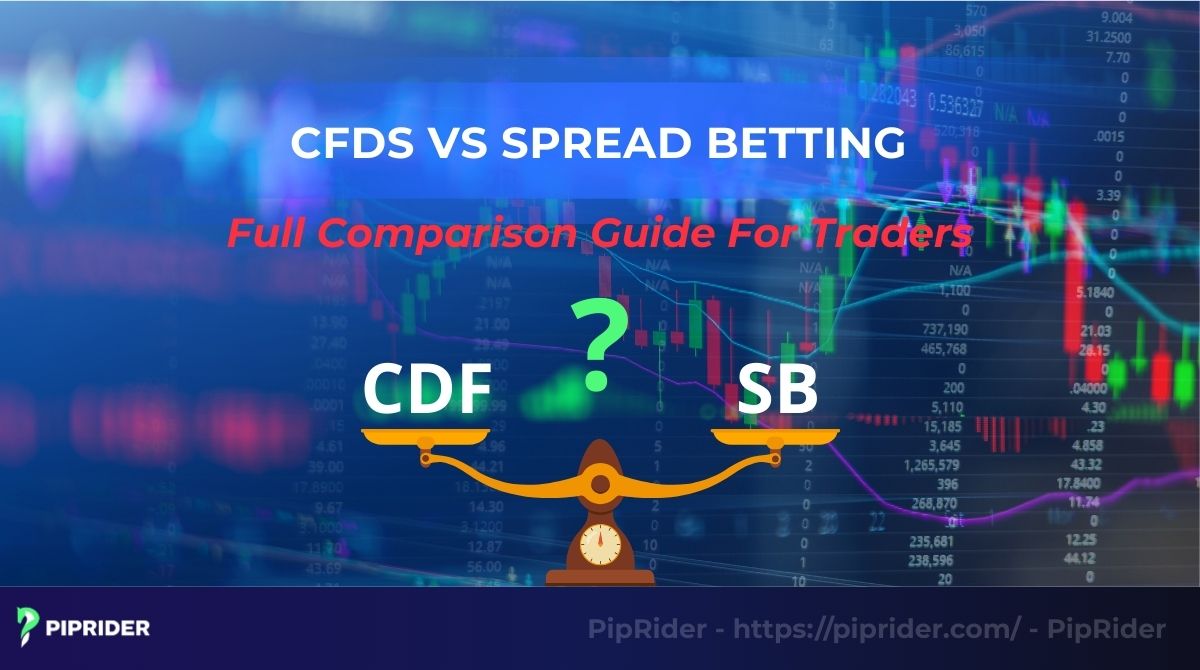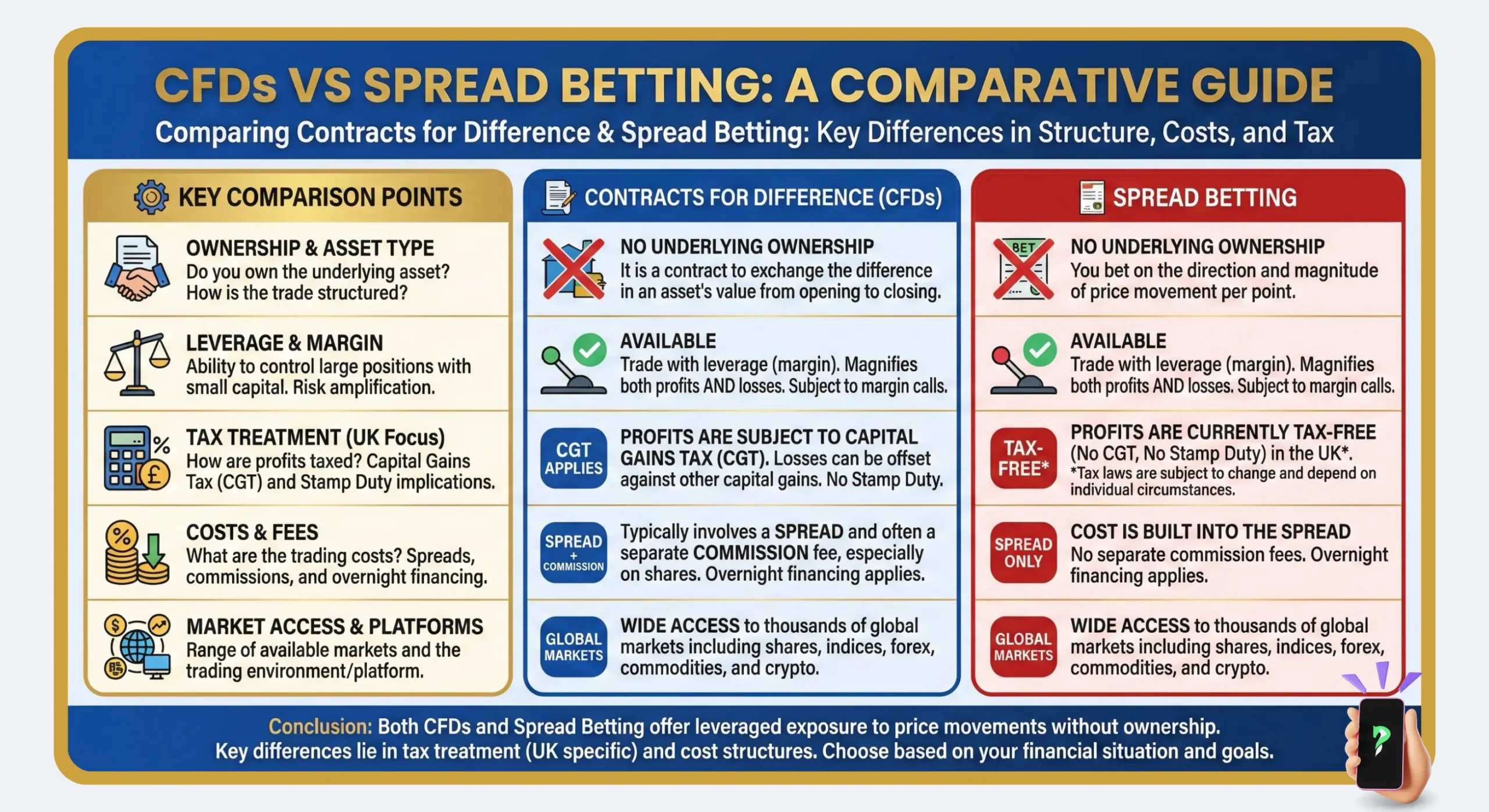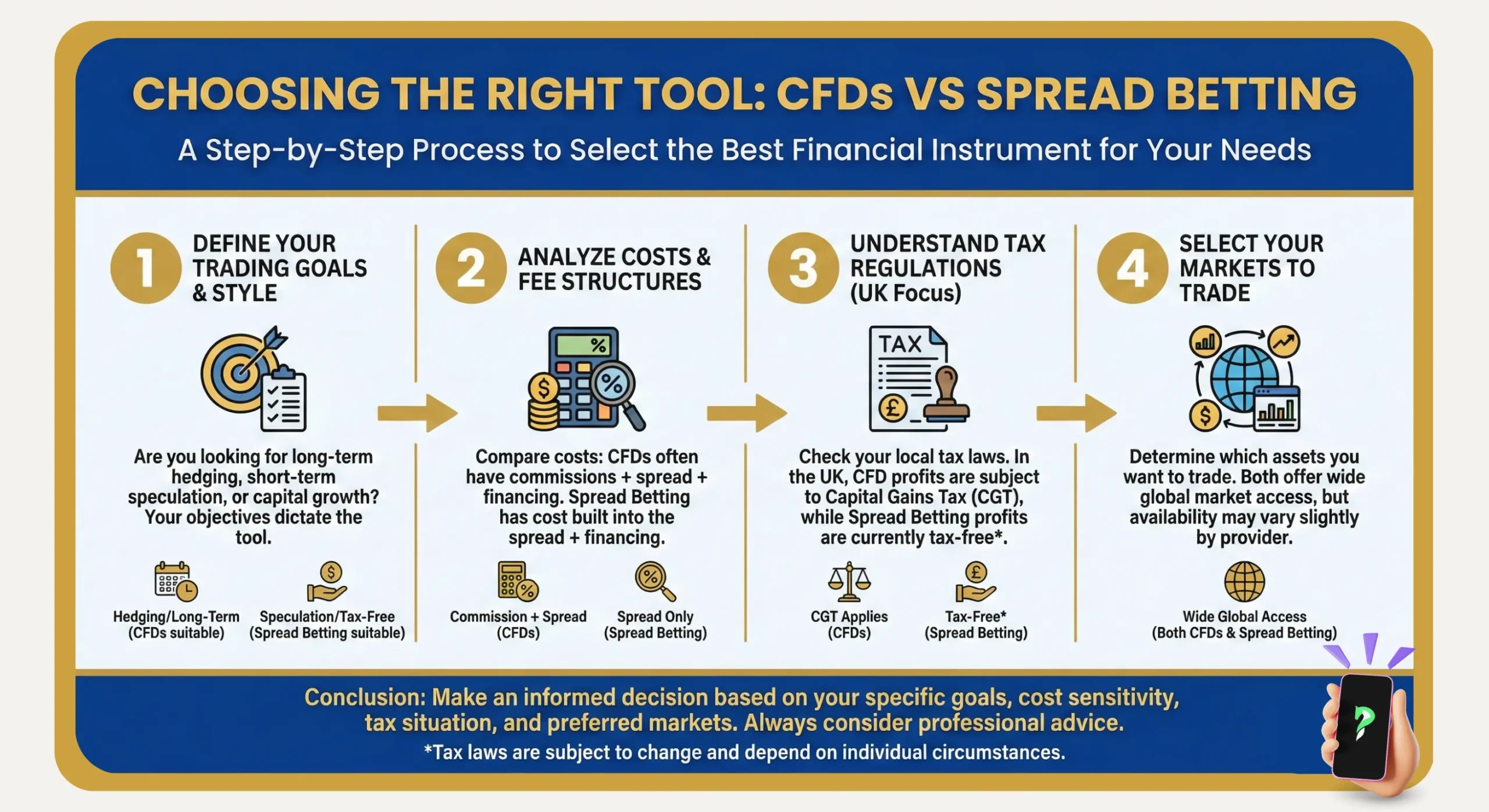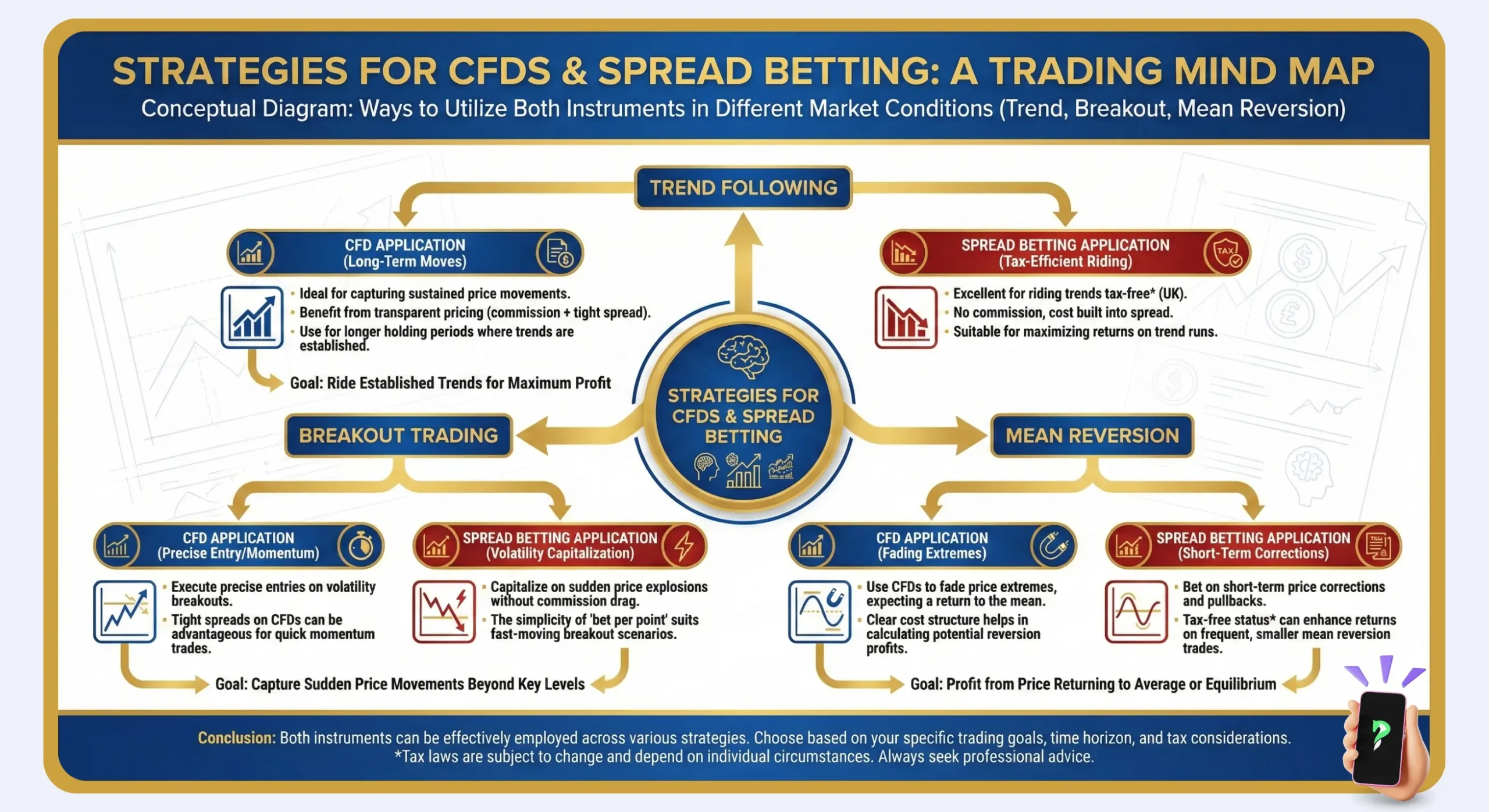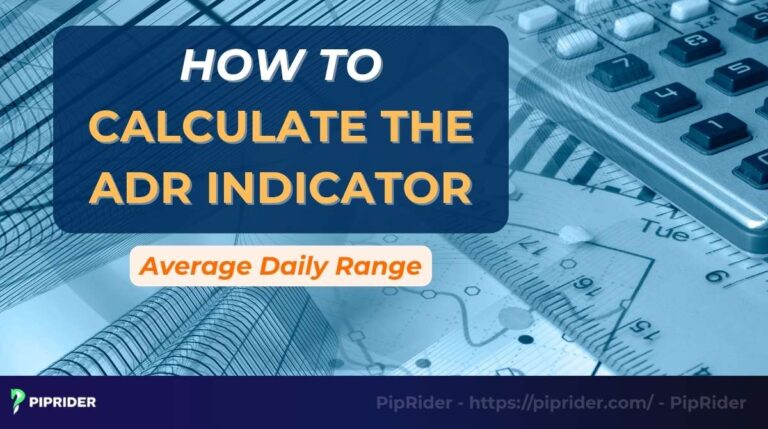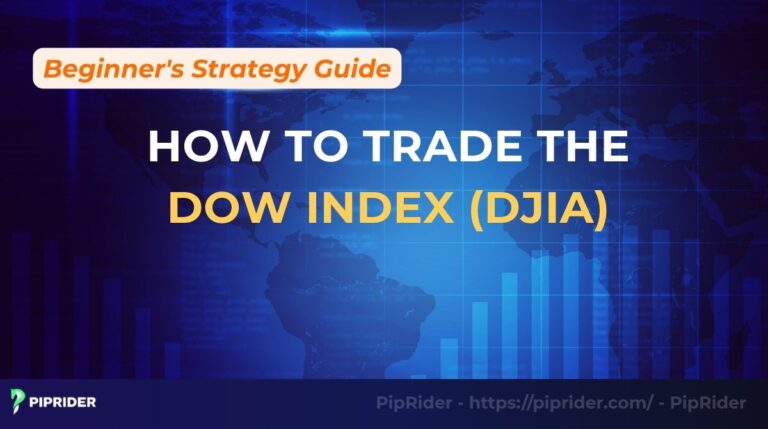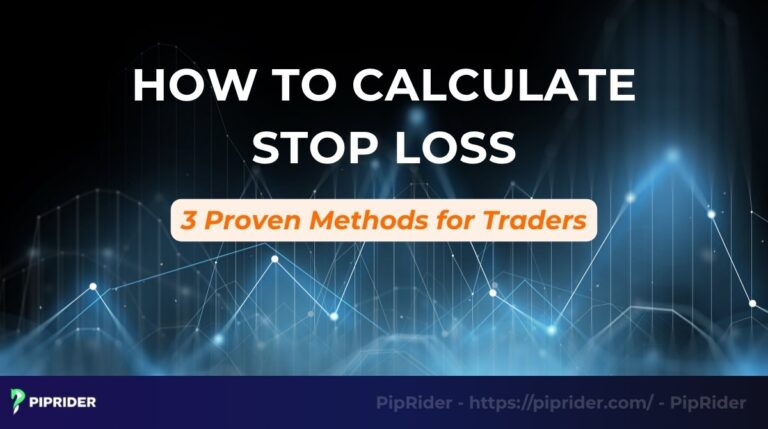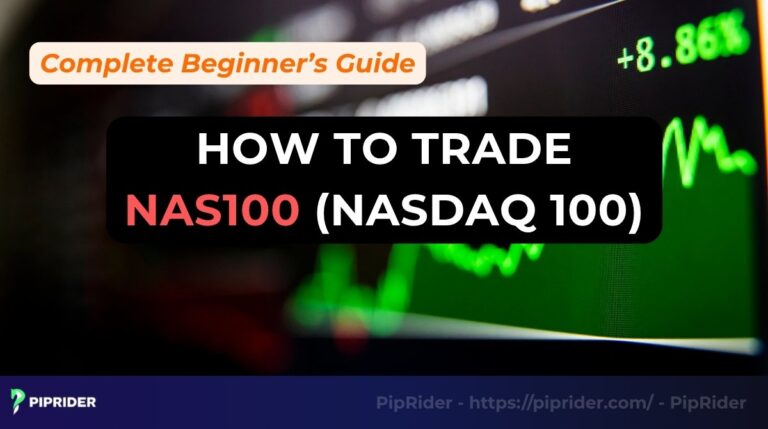Comparing CFDs vs Spread Betting is one of the most common questions from traders in the UK and Europe. Both are powerful leveraged products that allow you to trade on price movements without owning the underlying asset, but there are critical differences in tax, structure, and strategy.
In this guide, Piprider will break down these key distinctions in detail, helping you choose the right tool for your trading.
Key Takeaways
- CFDs (Contracts for Difference) and spread betting are both derivative contracts based on an asset’s price movements.
- With CFDs, you buy/sell contracts based on a price difference, and they are available in many global markets.
- With spread betting, you bet an amount per point of movement, and it is most popular in the UK & Ireland.
- Tax: In the UK, spread betting is often free from capital gains tax, while profits from CFDs are taxed, but losses may be deductible against future profits.
- The choice between these financial instruments depends on your location, trading goals, and the legal framework.
1. What Are CFDs and Spread Betting?
To understand the strategies, we first need to be clear on how these two powerful financial instruments work. While they share similarities, their core mechanics are distinct.
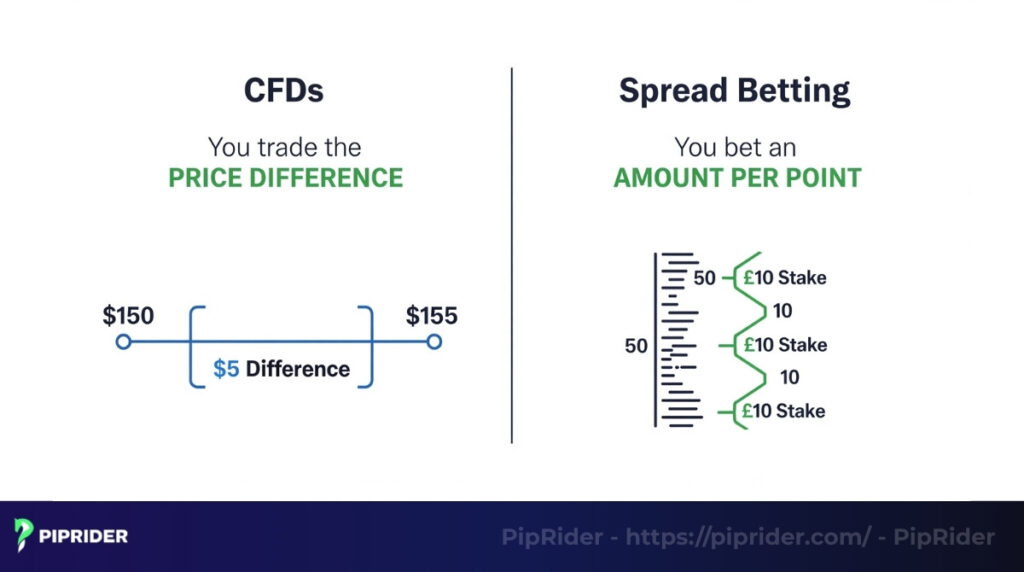
1.1. Understanding CFDs
A Contract for Difference (CFD) is a cash-settled agreement between traders and brokers to exchange the price difference of an underlying instrument between the opening and closing of a trade. Rather than transferring ownership of the actual asset, the transaction mirrors price movements, ensuring that no physical delivery occurs (Investopedia, 2023).
When trading a CFD, you speculate on an asset’s direction, choosing to ‘buy’ (go long) if you expect the price to rise, or ‘sell’ (go short) if you expect it to fall. Instead of paying the position’s full value, you only put down a small deposit known as margin; this is the principle of leverage. Your profit or loss is calculated on the price difference between when you open and close the trade, and is realized upon closing your position.
Example:
- You believe the price of Apple (AAPL) stock will rise from its current price of $150.
- You open a long position by buying 100 AAPL.
- The price rises to $155, and you close your position.
- Your gross profit is the price difference ($5) multiplied by the number of units (100), which equals $500.
1.2. Understanding Spread Betting
Spread betting is a form of speculation where you bet on the direction a financial market will move without owning the underlying asset (Investopedia, 2024).
Instead of buying a specific number of shares or contracts, you simply bet a certain amount of currency for every “point” the price moves. This is known as your stake per point.
The calculation for profit or loss is straightforward:
Profit or Loss = (Stake per Point) x (Number of Points Moved)
A practical example:
Imagine you are trading the UK100 index.
- Your stake: You decide to bet £10 per point.
- Your trade: You “buy” (go long) at a price of 7500, expecting it to rise.
- Profit scenario: The index rises to 7550, a move of 50 points. Your profit is calculated as: £10 per point x 50 points = £500.
- Loss scenario: Instead, the index falls to 7480, a move of 20 points against you. Your loss would be: £10 per point x 20 points = £200.
1.3. Key Similarities
Despite their different structures, both of them share fundamental traits. The most important is that traders are engaging in speculation on the price of an asset without ever taking ownership of it. Both also allow:
- Use leverage to increase market exposure.
- Profit from rising markets (long positions) or falling markets (short positions).
2. Key Differences Between CFDs and Spread Betting
While both instruments allow for similar market positioning, the way trades are structured and managed is fundamentally different. Understanding these distinctions is crucial for choosing the right product for your strategy.
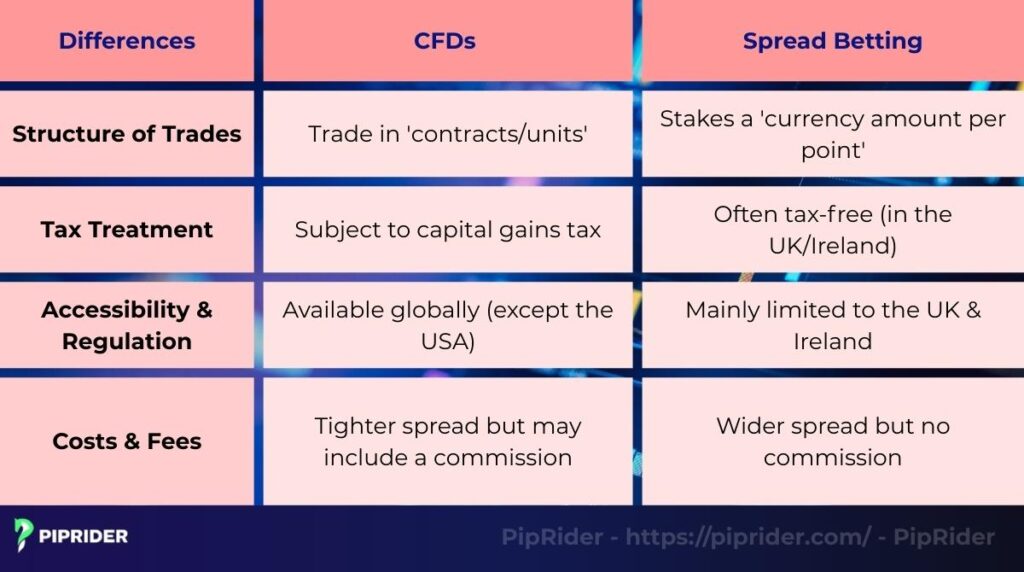
2.1. Structure of Trades
Trading CFDs is structured to feel like traditional trading. One buys or sells a specific number of contracts (or units) of an underlying instrument. Profit or loss is calculated as the difference between the buy and sell prices, multiplied by the number of contracts held.
With Spread Betting, one is not trading contracts. Instead, a bet (or “stake”) of a certain amount of currency is placed for every point of price movement. Profit or loss is simply the stake multiplied by the number of points the market moves.
2.2. Tax Treatment
The tax treatment is arguably the single biggest difference, especially for traders in the UK and Ireland.
Disclaimer: Tax laws are subject to change and depend on individual circumstances. The following is for informational purposes only. Always consult a qualified tax professional.
- In the UK and Ireland, profits from spread betting are typically exempt from capital gains tax. This is a significant advantage for profitable traders in these regions.
- Profits from trading CFDs are generally subject to capital gains tax. However, a key advantage is that you can often offset your trading losses against future profits to reduce your overall tax liability.
2.3. Accessibility & Regulation
The market access you have to these products depends heavily on your country of residence due to differing financial regulations.
- CFDs: Contracts for Difference are globally recognized. They are widely available in many parts of the world, including Europe, Australia, and Asia. According to Investopedia, In the US, the Securities and Exchange Commission (SEC) prohibits CFD trading because they are considered high-risk, non-exchange-traded instruments (Investopedia, 2014).
- Spread Betting: This product is primarily a UK and Ireland-focused phenomenon. The availability of spread betting is largely limited to these countries due to its specific regulatory and tax status.
2.4. Costs & Fees
While both products make money for the broker through the spread, their overall cost structures can differ.
- Trading CFDs, especially on stocks, often involves a tighter spread but may include other explicit costs. These can include commission fees and overnight financing fees (swaps) if you hold a position past the market close.
- The main cost for spread betting is typically built directly into the spread. Brokers often offer slightly wider spreads on these products, but the advantage is that there are usually no separate commissions to pay.
Read more:
How To Use Fibonacci Retracement In Forex Trading
Andrews Pitchfork: A simple guide to mastering this tool
Fractal Trading: A Breakout Strategy Guide For Forex Traders
3. Pros and Cons of CFDs vs. Spread Betting
Choosing between these two products requires understanding their unique advantages and disadvantages. Here’s a clear breakdown to help you decide.
3.1. Pros and Cons of CFDs
Contracts for Difference are one of the most popular derivative products for retail traders due to their power and flexibility. However, it’s crucial to understand both their benefits and their potential drawbacks.
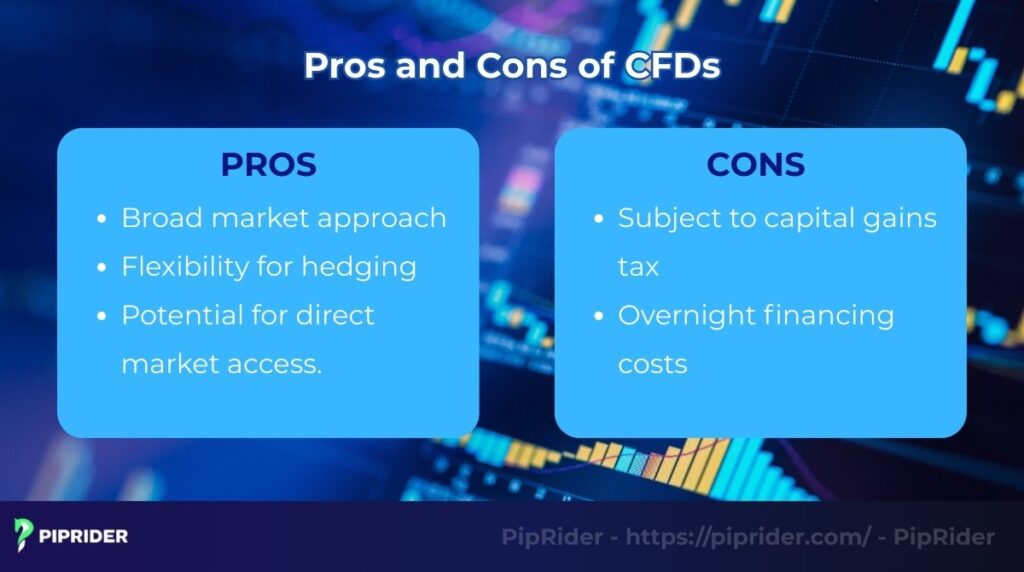
Pros:
Traders are drawn to CFDs for several key reasons, primarily centered around flexibility and the breadth of opportunities they provide:
- Broad market approach: They offer access to thousands of global markets, including stocks, index markets, commodities, and forex trading, all from a single platform.
- Flexibility for hedging: They are an excellent tool for experienced investors looking to hedge their existing physical portfolios against short-term risk.
- Potential for direct market access (DMA): Some brokers offer DMA on stock CFDs, providing greater transparency on pricing and execution.
Cons:
However, the flexibility of CFDs comes with some important trade-offs, particularly regarding taxation and the costs of holding positions:
- Subject to capital gains tax: Unlike spread betting in the UK, profits from CFDs are generally taxable. However, it’s important to remember that losses can often be offset against future profits.
- Overnight financing costs: Holding a leveraged CFD position overnight incurs a financing fee (swap), which can impact the profitability of longer-term trades.
3.2. Pros and Cons of Spread Betting
Spread betting offers a different trading experience, with a unique set of pros and cons heavily influenced by its legal classification in the UK.
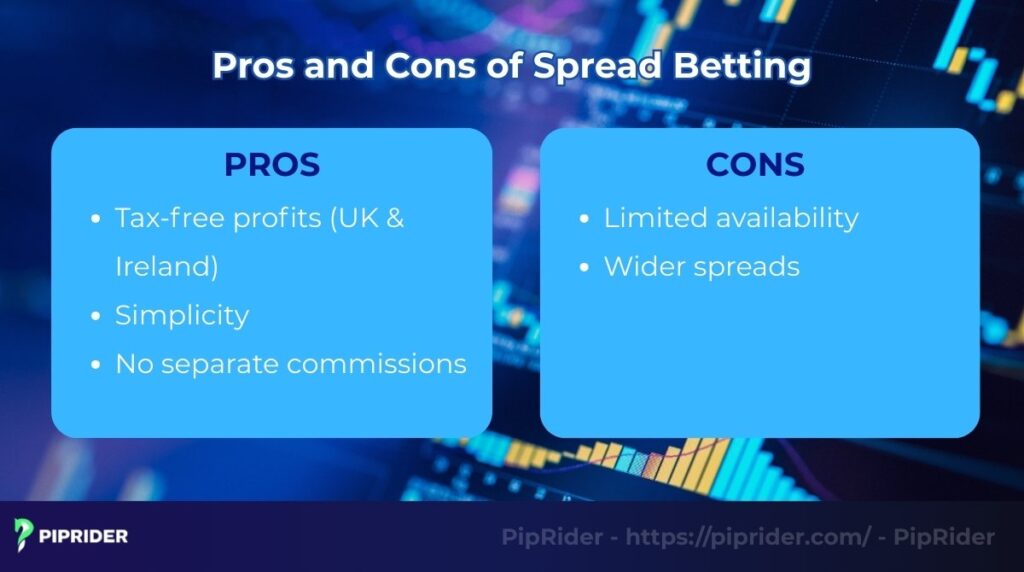
Pros:
For traders in the UK and Ireland, the benefits are compelling, especially concerning tax efficiency and simplicity:
- Tax-free profits (UK & Ireland): The single biggest advantage for spread betting is that profits are typically exempt from capital gains tax and stamp duty.
- Simplicity: The concept of betting an amount per point of movement is often considered more straightforward and easier for beginners to grasp.
- No separate commissions: Costs are built into the spread, which simplifies cost management for short-term trading.
Cons:
However, the specialized nature of this form also creates significant limitations that traders must be aware of:
- Limited availability: Its main drawback is that spread betting is primarily limited to traders in the UK and Ireland.
- Wider spreads: The spread for spread betting products can sometimes be wider than for their equivalent CFD counterparts.
Read more:
What Are Pivot Points In Trading? Complete Guide & Strategy
Wyckoff Methodology: Principles, Cycles & Trading Strategies
4. Which Is Better for Traders?
There is no single “best” choice; the right answer depends on your circumstances. The decision primarily comes down to your location, tax situation, preferred trading style, and the profit potential you are aiming for.
For UK & Ireland traders
For traders residing in the UK and Ireland, spread betting often has a significant advantage due to its tax treatment. Because profits are typically exempt from capital gains tax, it can be a more efficient way to build capital.
For global traders
For traders outside of the UK and Ireland, the choice is simple: CFD is the go-to instrument. They are globally recognized, widely regulated, and offer deep liquidity. Spread betting is generally not available in most other parts of the world.
Depending on trading style
- Day traders & scalpers: Many high-frequency traders in the UK prefer spread betting because of its simplicity and tax-free status.
- Long-term investors & hedgers: Traders with longer time horizons might prefer CFD. The ability to offset losses against future profits can be a valuable strategic tool.
5. Frequently asked questions about CFDs vs Spread Betting
6. Summary
Both CFDs vs spread betting are powerful instruments for traders. The choice is not about which is universally “better,” but which is right for you.
For traders in the UK and Ireland, the tax advantages of spread betting make it a highly compelling option. For global traders, the worldwide market access, flexibility, and ability to use them for hedging make CFDs the more versatile choice.
Now that you understand the key differences, the next step is to master the strategies themselves. We encourage you to continue your learning journey by exploring our comprehensive guides in the Trading Strategies category on Piprider.


